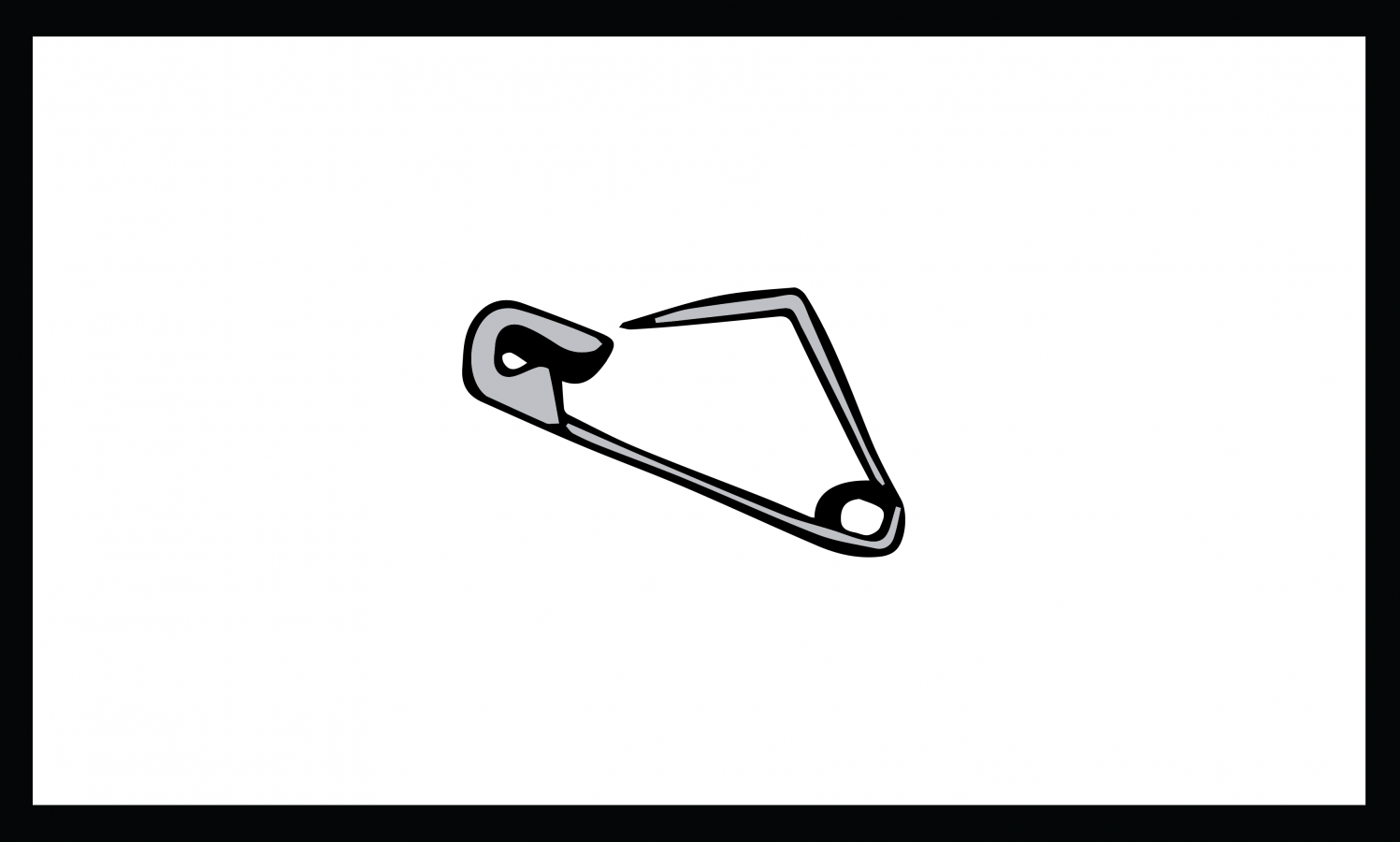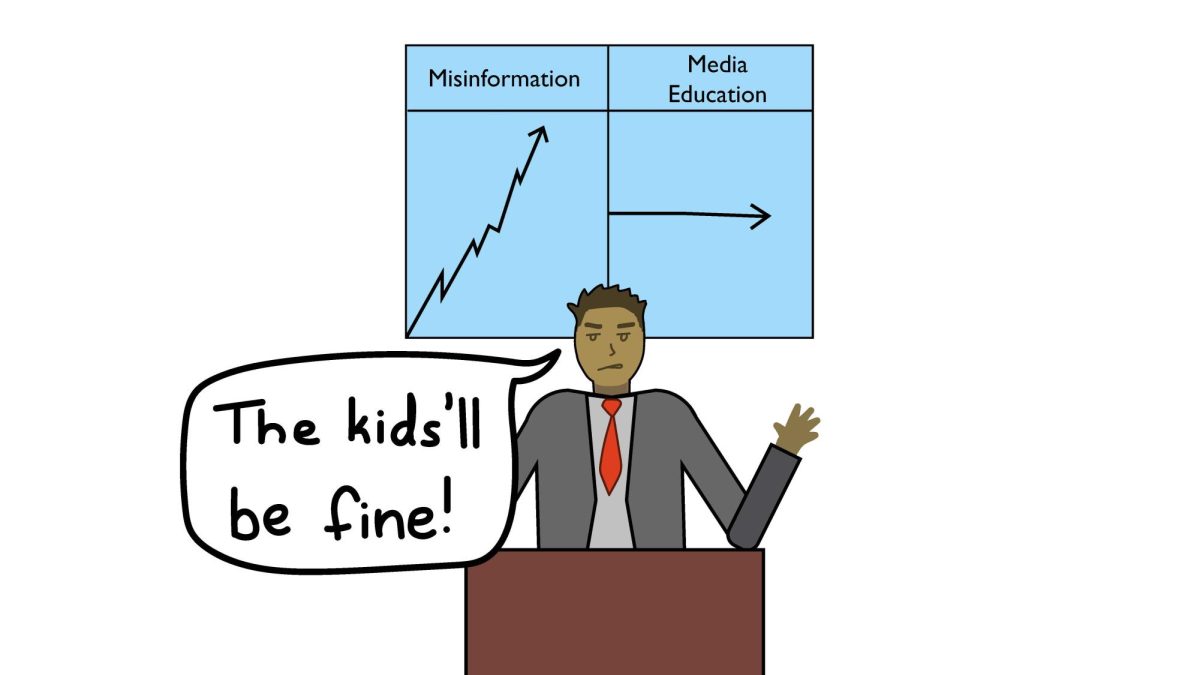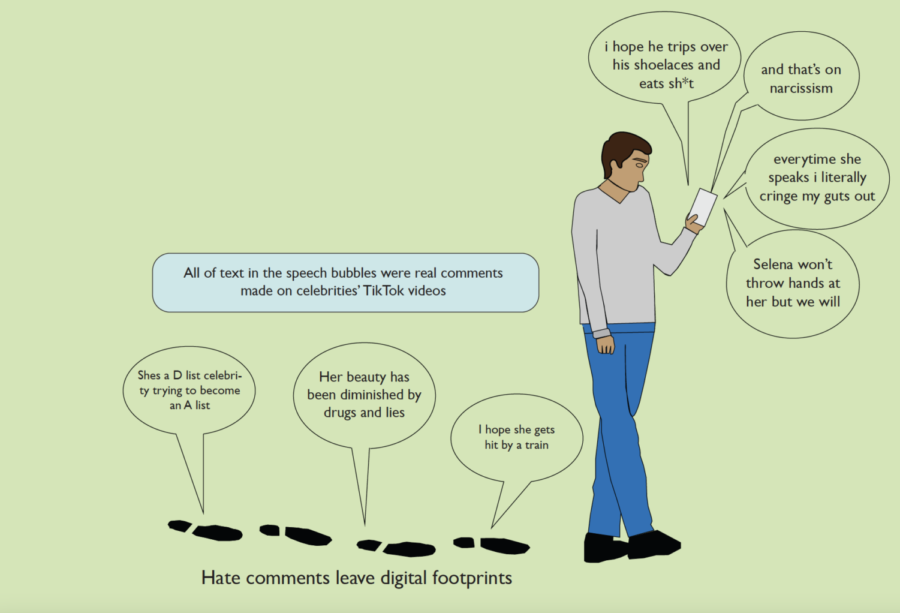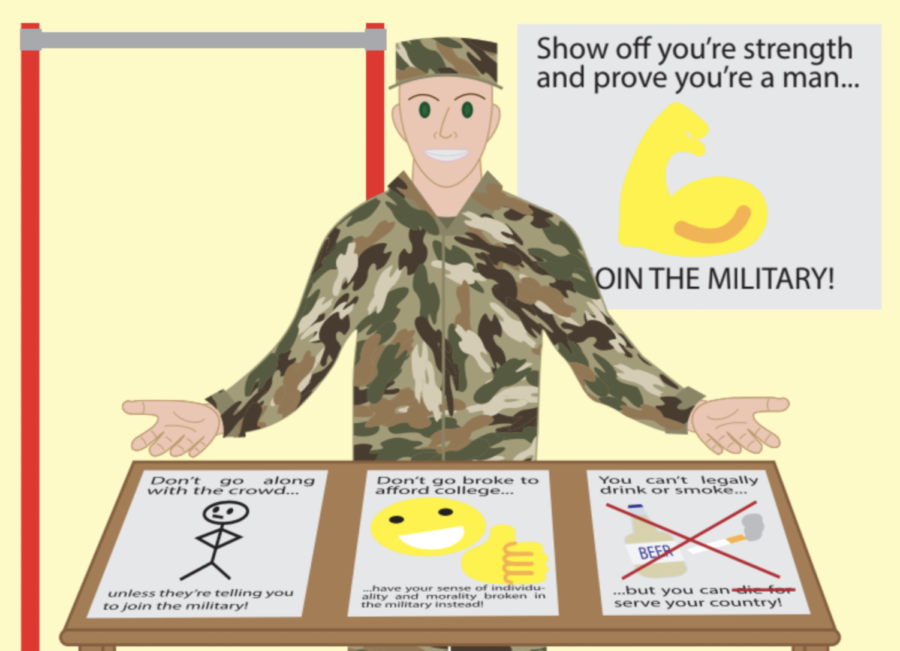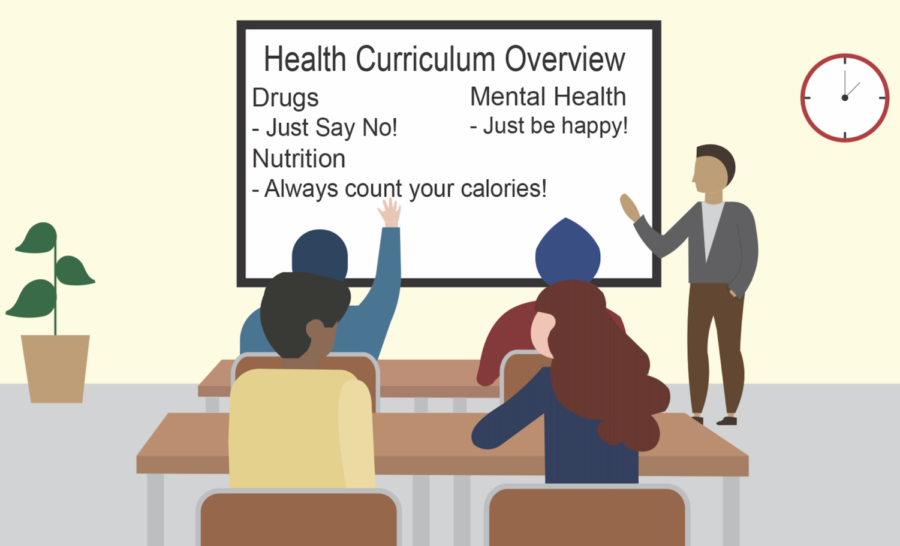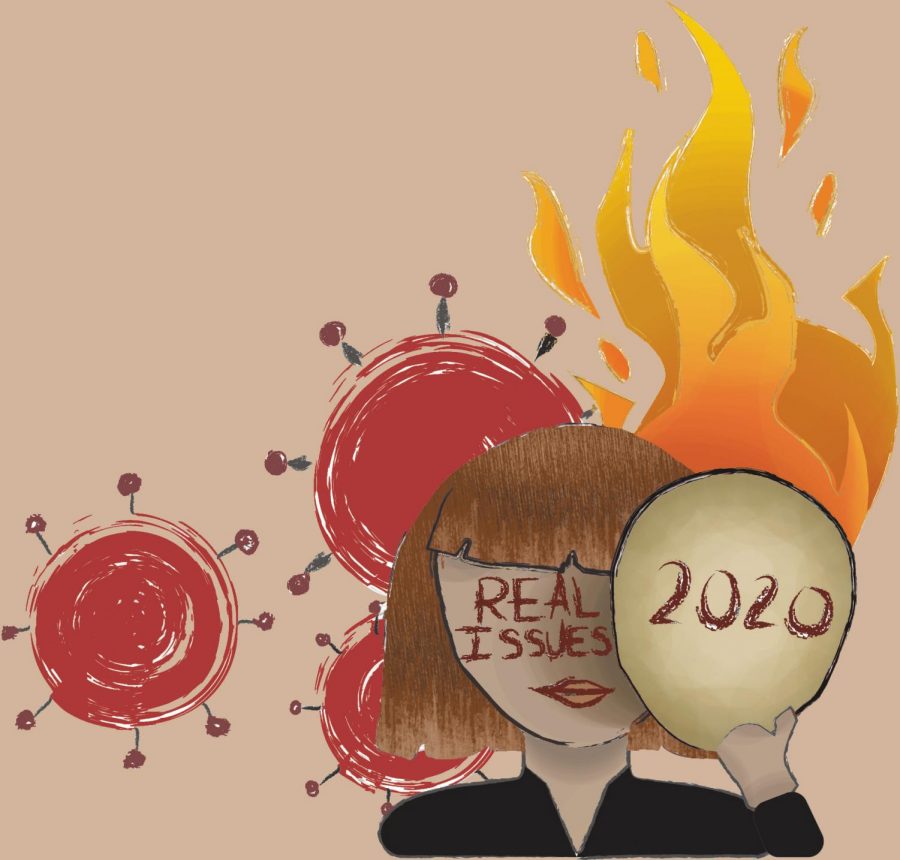 In the wake of Donald Trump’s election as President of the United States, the liberal United States exploded into protest; they could not believe that we, the people, could put a man like Donald Trump in the highest office in the land. Counter-intuitively, that outcry was diluted and delegitimatized by people protesting in a passive manner. A citizen’s right to protest is a powerful tool but only when it is used to bring light to something that truly warrants it.
In the wake of Donald Trump’s election as President of the United States, the liberal United States exploded into protest; they could not believe that we, the people, could put a man like Donald Trump in the highest office in the land. Counter-intuitively, that outcry was diluted and delegitimatized by people protesting in a passive manner. A citizen’s right to protest is a powerful tool but only when it is used to bring light to something that truly warrants it.
The results of the election were, to much of the liberal United States, a shocking turn of events. As that shock turned to anger, cities along both the east and west coast took to the streets in protest. At the same time, Twitter and Facebook lit up with hashtags and other passive shows of solidarity. In both cases the activities of protesters targeted the wrong issues; instead of explicitly protesting his politics, the demonstrations turned to the system that elected him.
The fact of the matter though is that the system worked, plain and simple. Democracy, as it has done for 200 years, prevailed again. Regardless of one’s political views or what they may think of President-Elect Trump, the protests over his victory in the election embody an insult to the fundamental institution of our democracy.
In light of that, this past election and its aftermath are a manifestation of a much broader issue. Protesting in the United States, as a matter of tradition, attempts to address the most divisive of controversies in the United States. The 1960s and ’70s were riddled with examples of social change incited by citizens raising their voices, the civil rights movement and leaders like MLK Jr. being some of the more recognizable participants.
The turn of the 21st century has brought with it a far more passive renaissance of the methods through which we protest. The internet makes it easy for people ot express opinion with no more than the twitch of a finger and the press of a button. As information became easier to come by, people and their motivation to protest with any legitimate conviction weakened. People just got lazier. This form of protest, aptly named slacktivism, serves to undermine the legitimacy of our right to protest as it fosters inane arguments. Slacktivism like declaring “He’s not by president” on Facebook does, objectively, nothing.
Stagnation in protest extends beyond the internet as well; there is no tangible result from putting a safety pin in your lapel. In like kind, protesting requires constructive, deliberate activity that doesn’t involve setting fire to trash cans and vandalizing police stations. After the last election, in places like Portland where protests became borderline riots, many of the protesters never even voted.
If there is anything to blame for all that has gone awry in the world, it’s just that. Inactivity that hides behind a facade of Facebook posts and hyperbolization while those actually taking to the streets commit acts of violence that do not reflect the ideals of the protesters. This isn’t protesting at all, it’s self-serving and wasteful. All that time would be better served out in the world promoting legitimate change.
Issues in the United States that do require a more involved touch, like the treatment of minorities, women, the environment, etc, lose the serious recognition they deserve when more mild attempts at protest take center stage, like with those safety pins. Their inclusion in discourse only serves to weaken the whole argument; the issues they are targeted towards in many ways take the back burner as the issue itself falls out of the public eye. That disinterest is the absolute enemy of any successful demonstration.
Protesting when executed well truly can change the world. And more simply, being at all active in your community can do the same. Write your state representative, make a legitimate case for your cause. Get involved in politics, and most importantly of all, vote. Real protest, finding the middle path between aggression and passivity, demands that you put down your phone, take responsibility for the state of the world and work to change it for the better.


